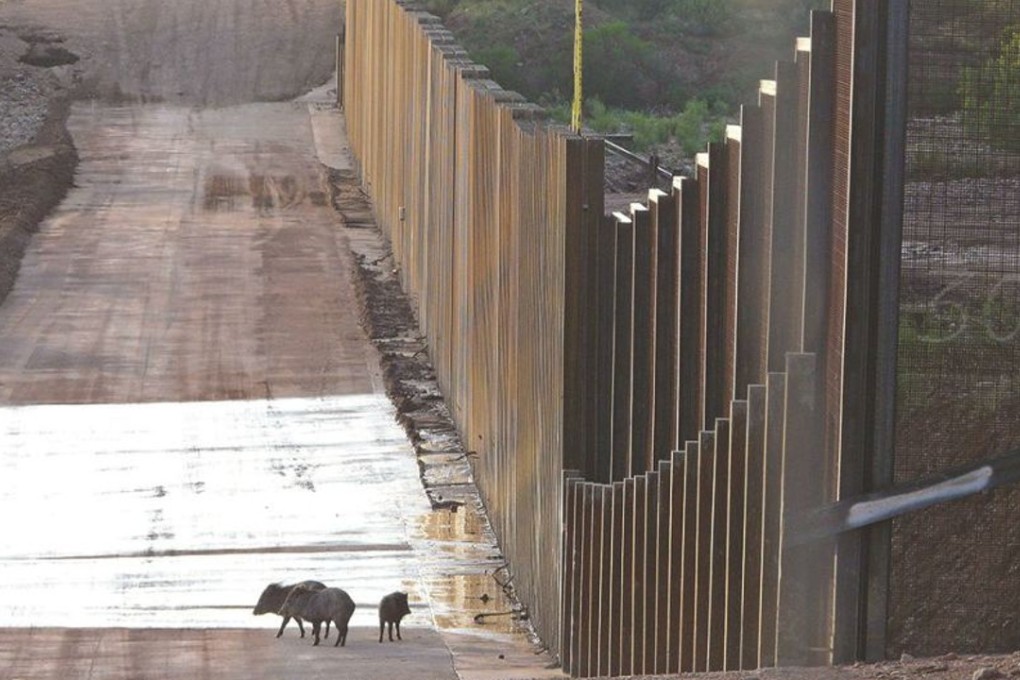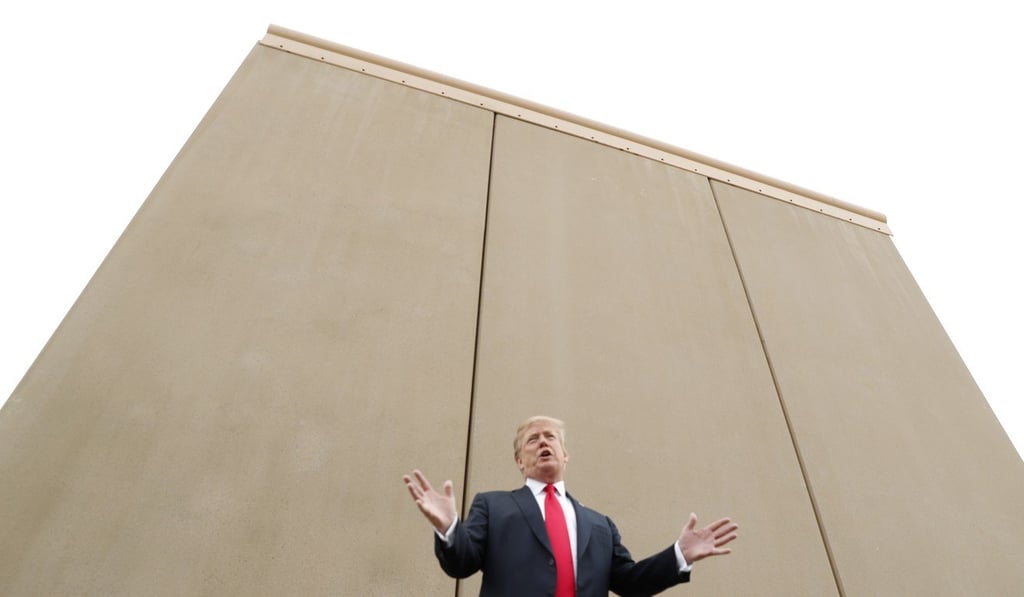Donald Trump’s proposed US-Mexico wall endangers wildlife, scientists warn
Iconic creatures such as the Peninsular Bighorn sheep, Mexican grey wolf and the Sonoran pronghorn antelope – all of which are already endangered – would see their populations dangerously fragmented by a wall

More than 1,000 species of animals would face serious threats to their survival if US President Donald Trump’s proposed border wall with Mexico is built, scientists warned.
Iconic creatures such as the Peninsular Bighorn sheep, Mexican grey wolf and the Sonoran pronghorn antelope – all of which are already endangered – would see their populations dangerously fragmented by a wall, said the letter published in the journal BioScience.
Jaguars Panthera onca and ocelots Leopardus pardalis would be among the species that would have “residual US populations” covering 20,000 square kilometres (7,800 square miles) or less, raising their risk of dying off completely in the United States.
More than 2,700 global scientists signed on to the letter by lead author Robert Peters of Defenders of Wildlife, a conservation group.
The letter details threats to biodiversity along the 3,200km US-Mexico border, which Trump wants to wall off in an effort to stop the flow of illegal migrants.
“Fence and wall construction over the past decade and efforts by the Trump administration to complete a continuous border ‘wall’ threaten some of the continent’s most biologically diverse regions,” said the letter.

